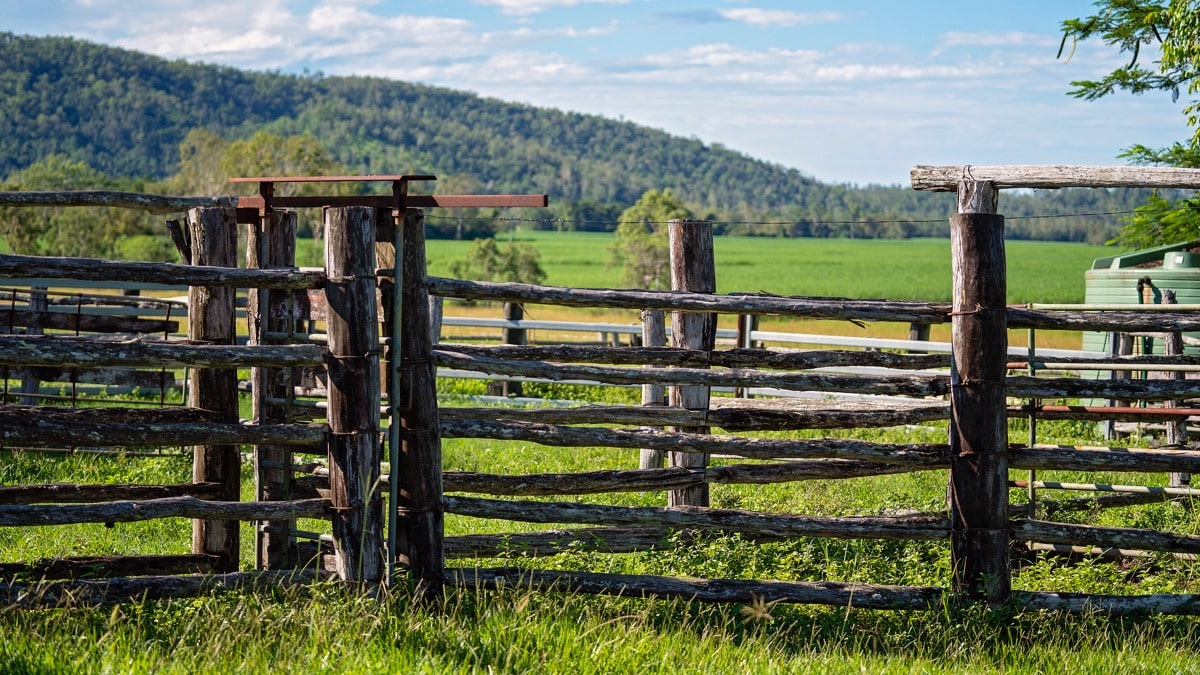Articles by
Garth McNally
-
Webinar: SuperGuide members Q&A: June 2023
In this webinar super expert Garth McNally answers recent questions from SuperGuide members.
-
Webinar: The proposed new $3 million super changes: What you need to know
We take a look at the proposed new tax regime for super fund members with balances above $3 million, how it will work, when it may come into play, and what you should be considering now.
-
Webinar: SuperGuide members Q&A: March 2023
In this webinar super expert Garth McNally answers recent questions from SuperGuide members.
-
Webinar: SuperGuide members Q&A: December 2022
In this webinar super expert Garth McNally answers recent questions from SuperGuide members and reviews some of the more interesting and frequently asked questions that have been sent in over 2022.


















